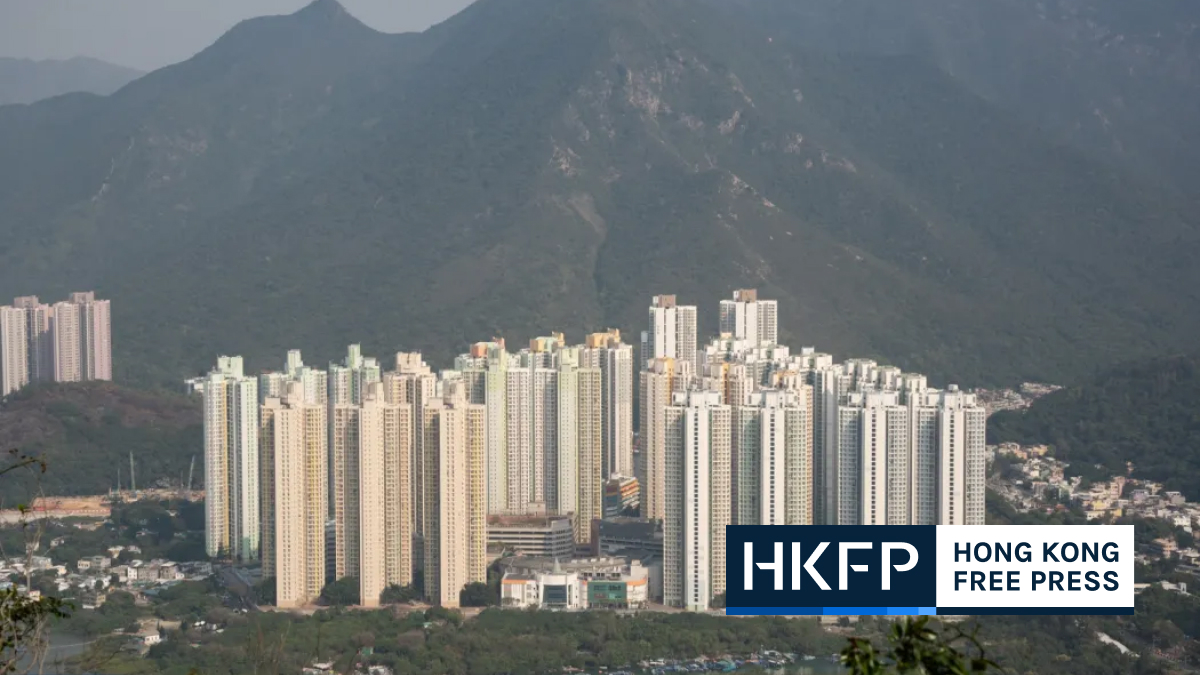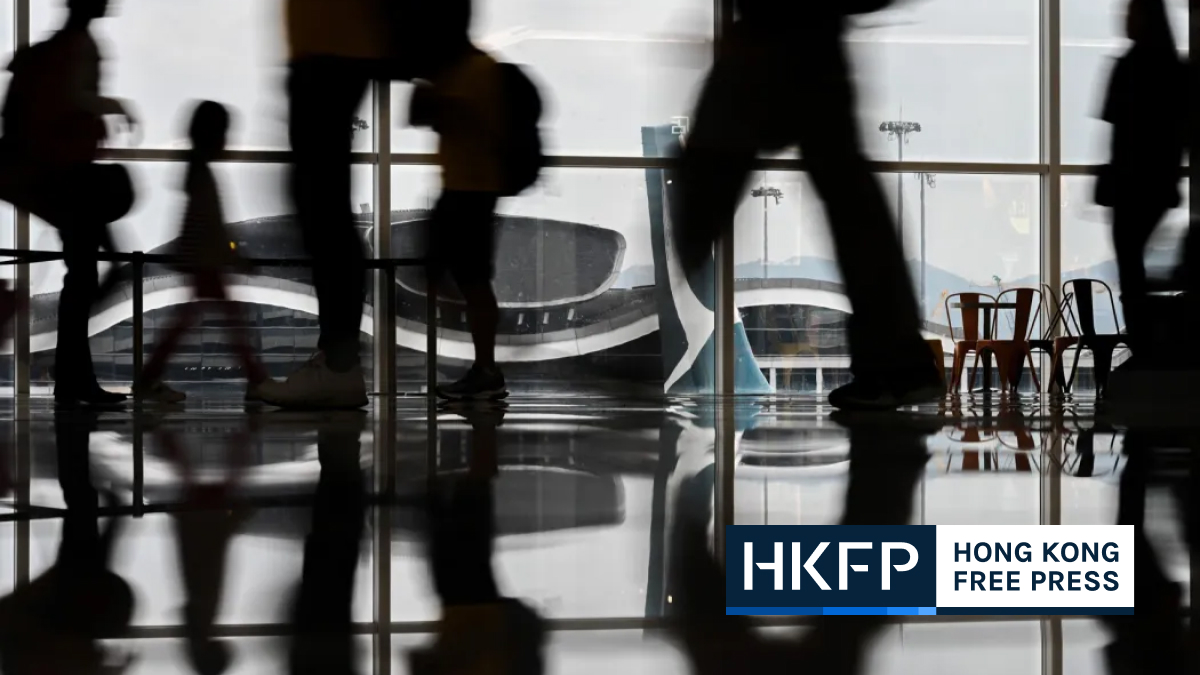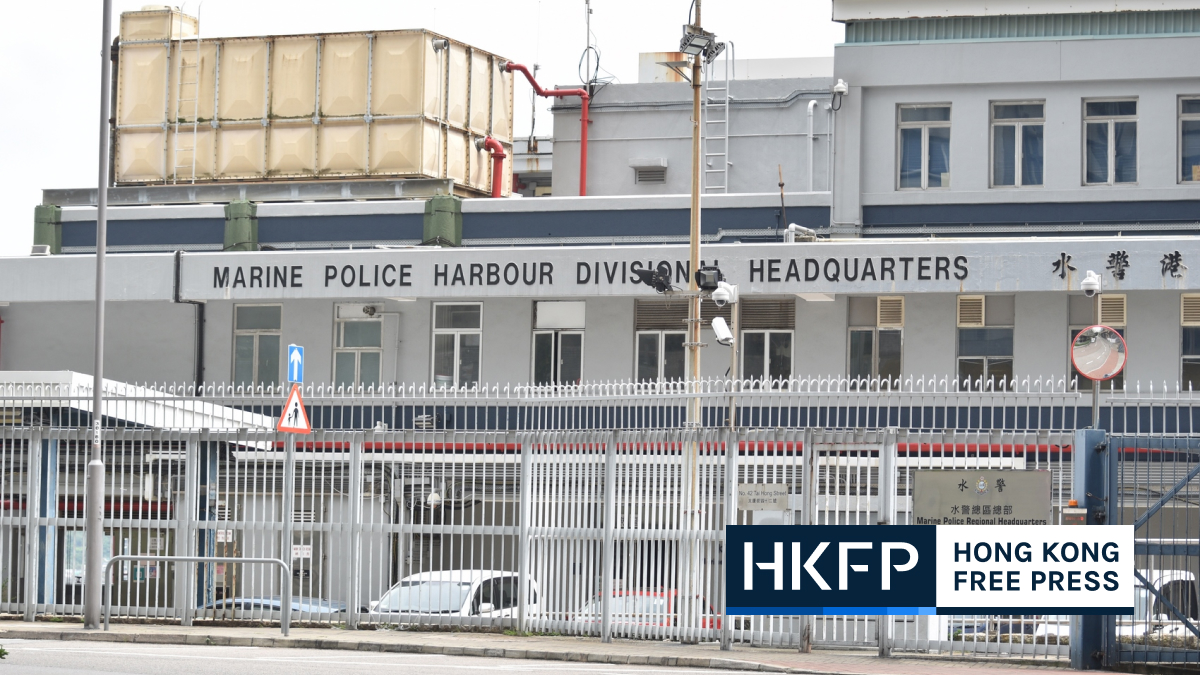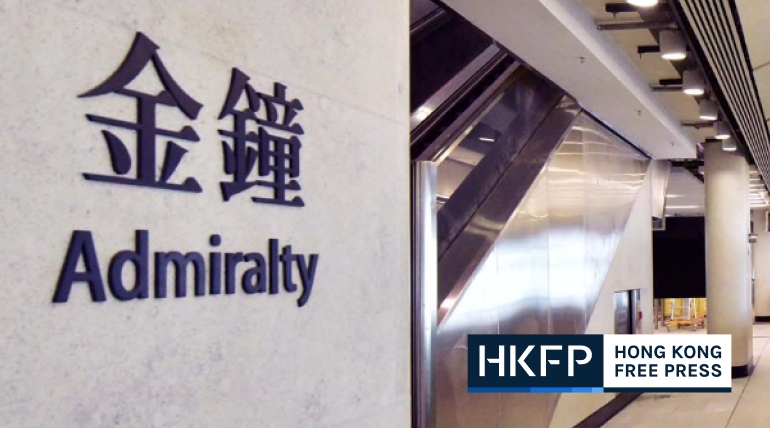Australian Foreign Minister Penny Wong said Wednesday she addressed human rights issues and the release of two citizens held in China during the first visit to Beijing by a top diplomat from Canberra in four years.
The trip is a sign of thawing relations between China and Australia after years of tension over multiple issues, notably Chinese influence operations overseas, Beijing’s actions in Xinjiang, Hong Kong and Tibet, and trade.
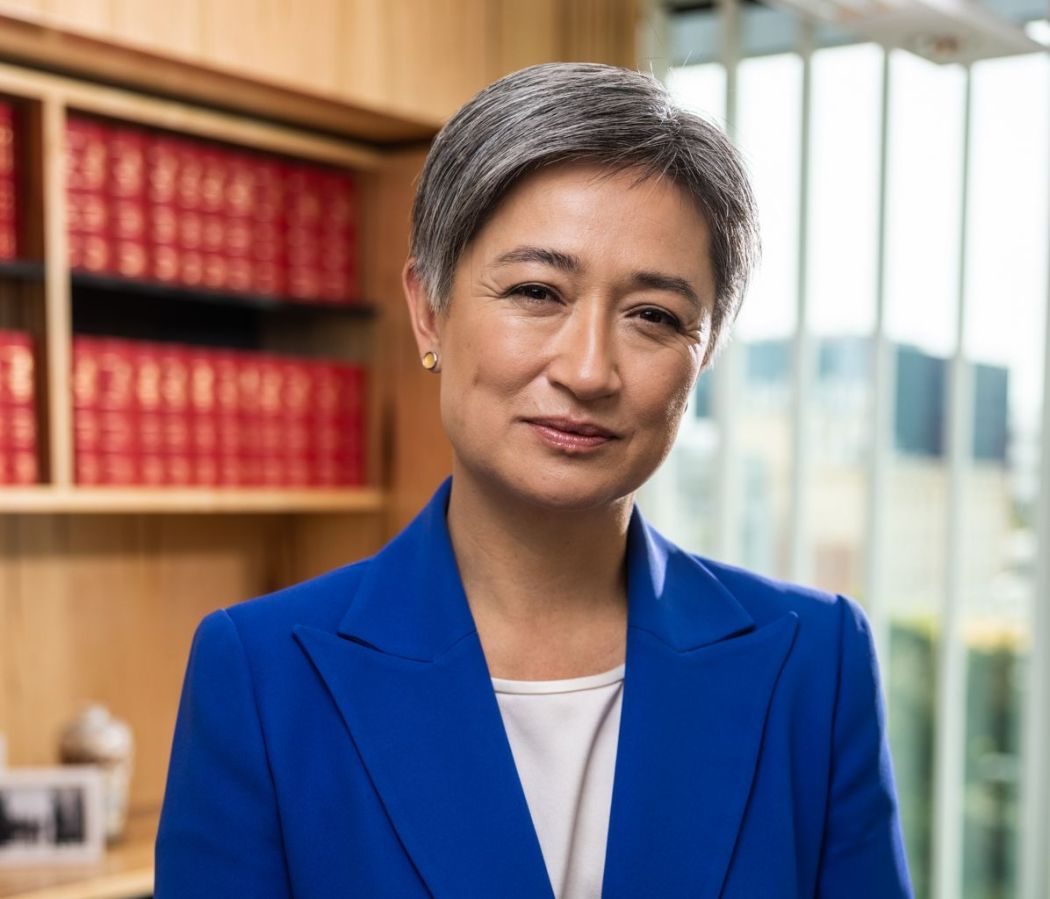
Wong arrived in Beijing on Tuesday and met with Chinese counterpart Wang Yi, in a trip touted by China as an opportunity to push bilateral relations “back on track.”
And Wong on Wednesday said Australia would “look to continue to have dialogue, including structured dialogue on issues which are difficult.”
In a press conference following the meeting, Wong said she had raised those issues.
“Of course, we discussed Ms Cheng Lei and Dr Yang,” Wong said, referring to two Australians who have been imprisoned for years by Chinese authorities.
Australian journalist Cheng Lei was detained by Chinese authorities in August 2020, and Chinese-born Australian Yang Jun was detained in January 2019, with both accused of spying.

Wong called for the two to be “reunited with their families as soon as possible,” and told reporters she pushed for consular officials to be given access to Cheng and Yang.
She said she also expressed Australia’s “principled view about the observance and respect for human rights, and that applies in terms of our views about Xinjiang or Tibet or Hong Kong.”
There was also discussion of “how we might do what I think is in the best interests of both countries and consumers in both countries… and that is for the trade blockages to be removed,” Wong said.
China’s Foreign Minister Wang on Wednesday said Beijing appreciated the “willingness of the new Australian government to improve and develop bilateral relations”, according to a state media readout of the meeting that did not touch on any of the sensitive topics raised by Wong.
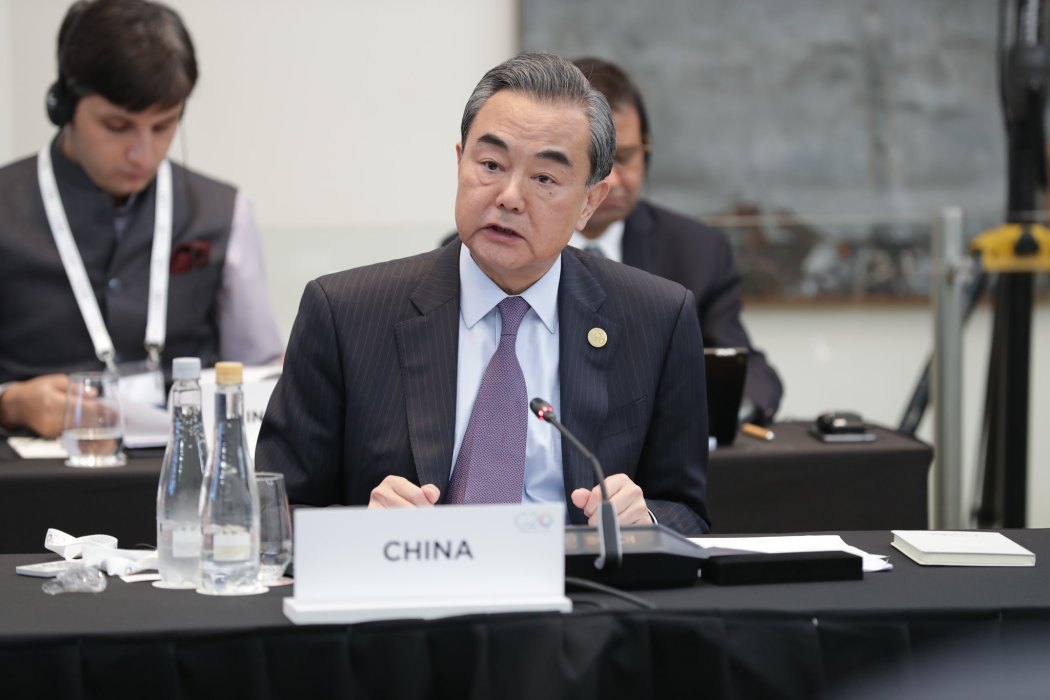
Beijing was incensed by Australia’s decision to effectively ban state-sanctioned firm Huawei from operating the country’s 5G network, and by calls from Canberra to investigate the origin of the Covid-19 pandemic.
In retaliation, China quietly slapped sanctions on a range of Australian goods and instituted a freeze on high-level contacts.
The last official visit to Beijing by an Australian foreign minister was in 2018.
Since then, once-excellent relations have nosedived, though there has been some improvement since Prime Minister Anthony Albanese met with Chinese President Xi Jinping in Bali in November.
Support HKFP | Policies & Ethics | Error/typo? | Contact Us | Newsletter | Transparency & Annual Report | Apps
Help safeguard press freedom & keep HKFP free for all readers by supporting our team

LATEST FROM HKFP
HKFP has an impartial stance, transparent funding, and balanced coverage guided by an Ethics Code and Corrections Policy.
Support press freedom & help us surpass 1,000 monthly Patrons: 100% independent, governed by an ethics code & not-for-profit.





